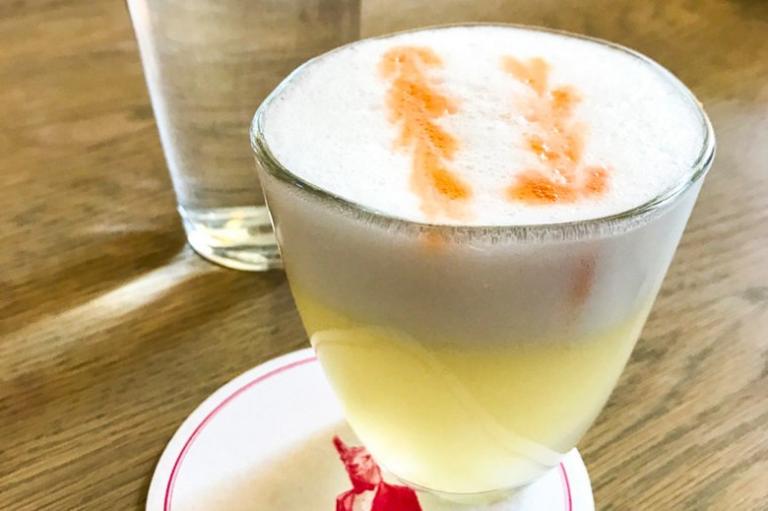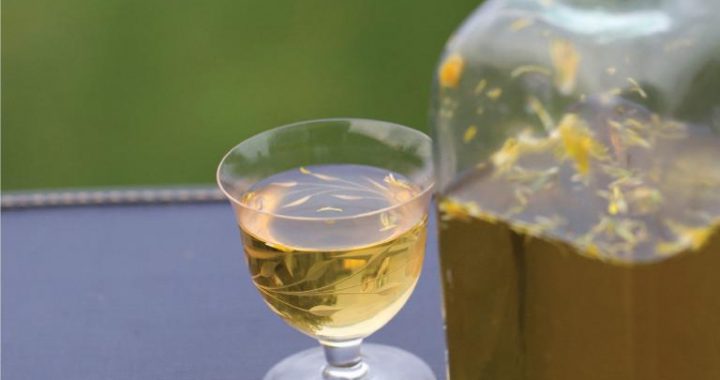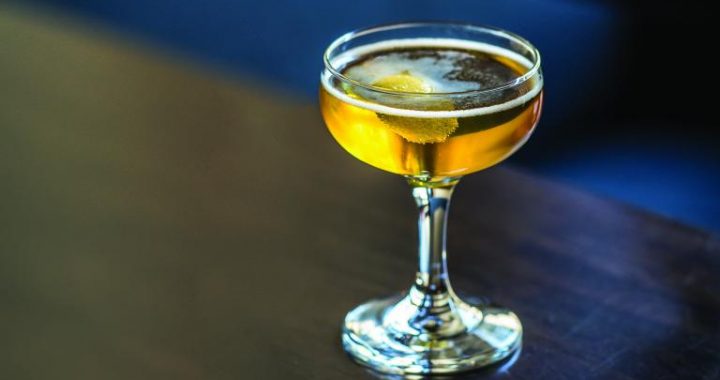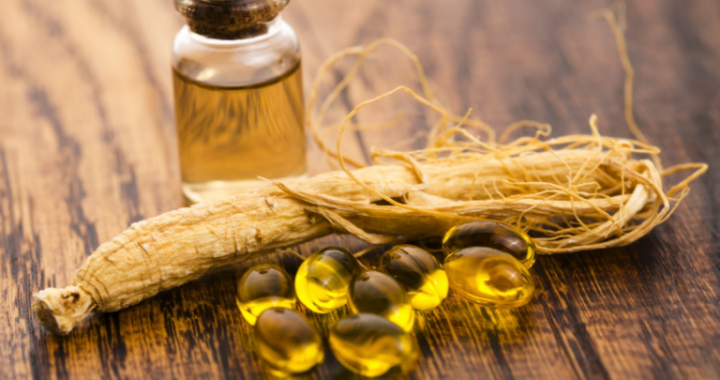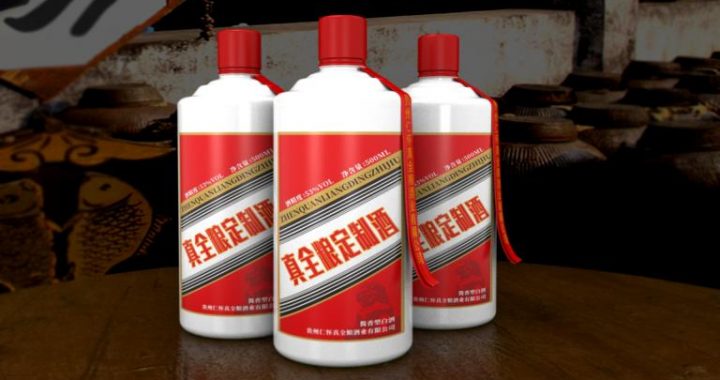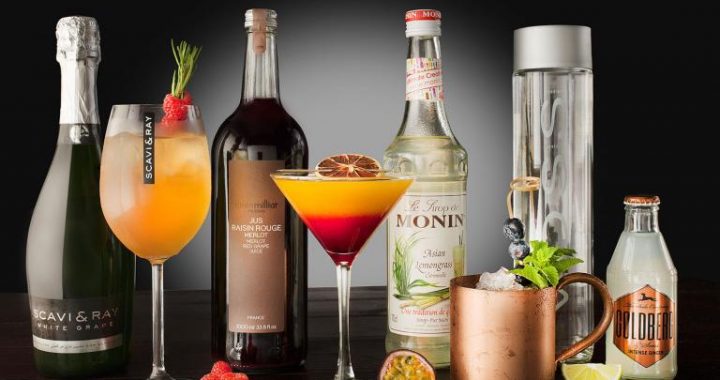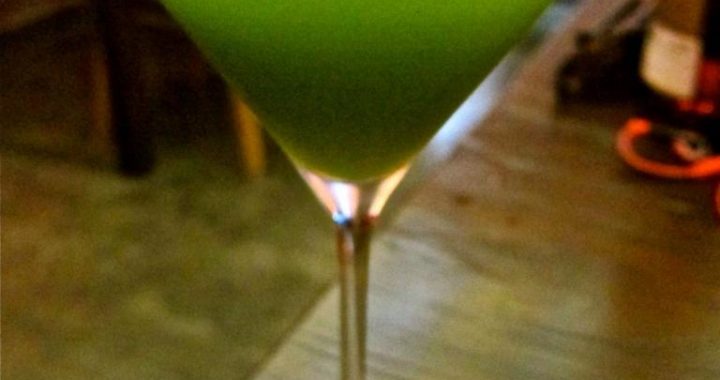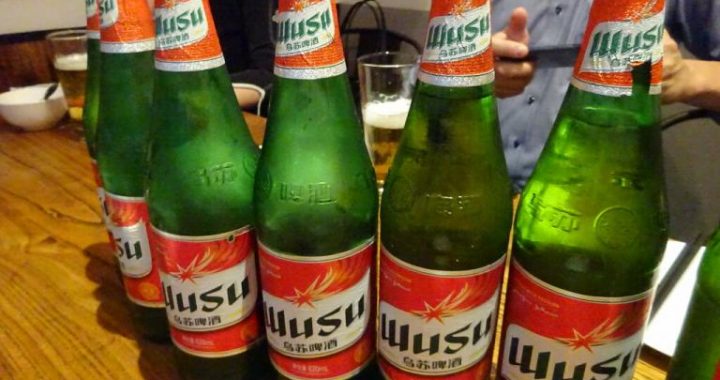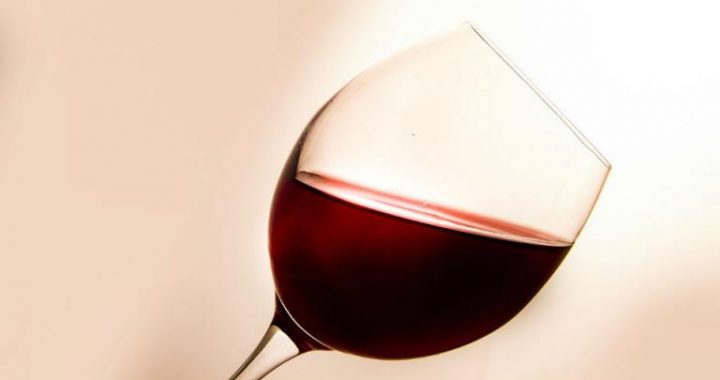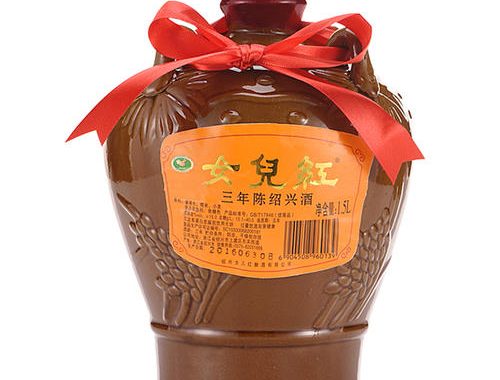National Drink Intoxicates the World
3 min readGrain production has dominated people’s lives in China,a traditionally agricultural country with a 5,000-year history of farming. Made from grain and viewed as its essence, wine runs in the blood of this nation. The Chinese, from the highest as kings and emperors to the humblest as soldiers and peddlers, have always respected and loved wine. With wine, kings worship heaven, commoners express feelings, writers find inspiration, warriors discover courage, boys transform into men and women acquire charm. Wine has enveloped society so completely that no-one can escape it, in life or death. It is a major ingredient in life today-in conveying hope, in expressing wishes and in bonding with others.

The two main types of Chinese wine are baijiu(literally “white wine”),a strong, colorless liquor and huangjiu (literally “yellow wine”),a golden-brown rice wine. Baijiu includes a few varieties, such as the moutai-flavored Moutai wine of Guizhou, strong-flavored Luzhoulaojiao of Sichuan, light-flavored Fenjiu of Shanxi, rice-flavored Sanhuajiu of Guangxi and multi-flavored Dongjiu of Guizhou.
Moutai wine has a 2,000-year legacy. As early as 135 BC, Emperor Wudi of the Western Han Dynasty marveled at Goujiangiu being produced in the town of Maotai, Gui-zhou Province, in southwest China. Chinese officials took Moutai wine to the Panama-Pacific Exposition in 1915. Because the bottles were black without clear, distinct labels, visitors at the expo walked past the exhibition without noticing them. One of the Chinese officials became so frustrated at this that he smashed one of the bottles on the floor. The bottle shattered, the content’s extraordinary odor saturated the air and people were drawn to it. Later, Moutai wine was awarded the golden medal and became internationally recognized.
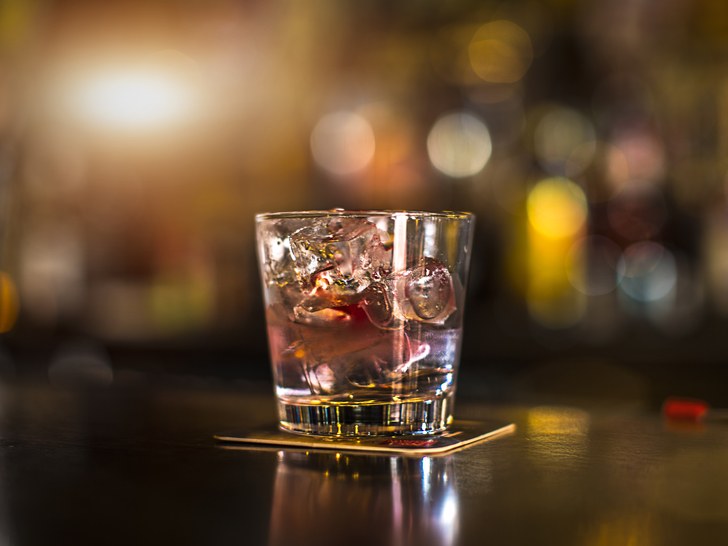
Moutai wine is named after its place of origin. Withbeautiful scenery, moderate weather, clear waters and rich soil, the small town produces a special sorghum and microorganisms that are indispensable to the brewing process. Moutai wine can only be produced in Maotai town and no other location would be suitable, because the fermentation process is long, complicated and seasonal. It has to be fermented eight times, distilled nine times, both at avery high temperature, and aged in a cellar for three years before it can be blended. The finished product tastes mellow and smooth, and has a lingering flavor without the side effect of a burning throat or aching stomach. With Moutai wine, you can have several more cups than you normally would, for you are not likely to get drunk, and it is not as harsh to the liver as other liquors can be.
A wine with artistic, cultural and historical flavor, Moutai wine has witnessed the birth and growth of the People’s Republic of China. It became the drink for the state banquet at the 1949 national foundation ceremony.
When the new China made its first appearance on the world stage at the 1954 Geneva International Conference, Moutai wine was served to foreign representatives and journalists. Many political figures have tasted Moutai wine in China. One of the most popular legends about Moutai wine is “Fire in the White House.”Premier ZhouEnlai once showed President Nixon how liquor could be set aflame. Nixon was fascinated with the trick and tooktwo bottles of Moutai wine back to the United States. At home in the White House, Nixon tried to impress his wife and daughter with the same trick. Unfortunately, the bowl that contained the liquor heated up and cracked, setting the tablecloth on fire, and alarms were set off.
“You almost burned down the White House!”Kissinger later joked with Deng Xiaoping. As a “star”at national banquets and a state gift for foreign leaders for over half a century, Moutai wine has played a big part in China’s diplomatic affairs.
